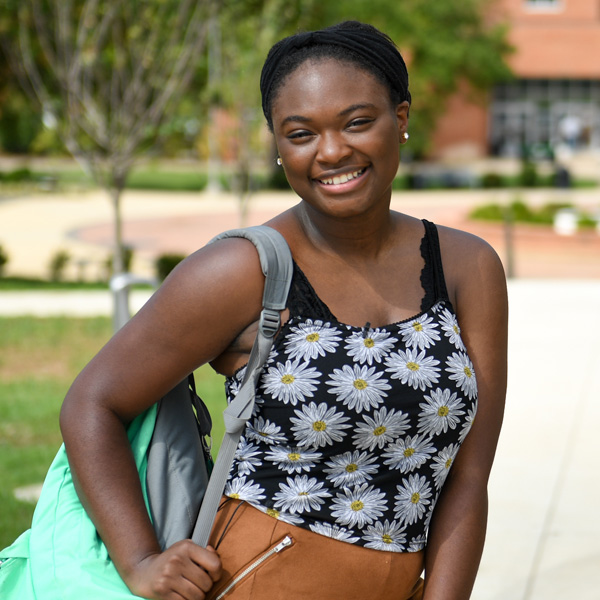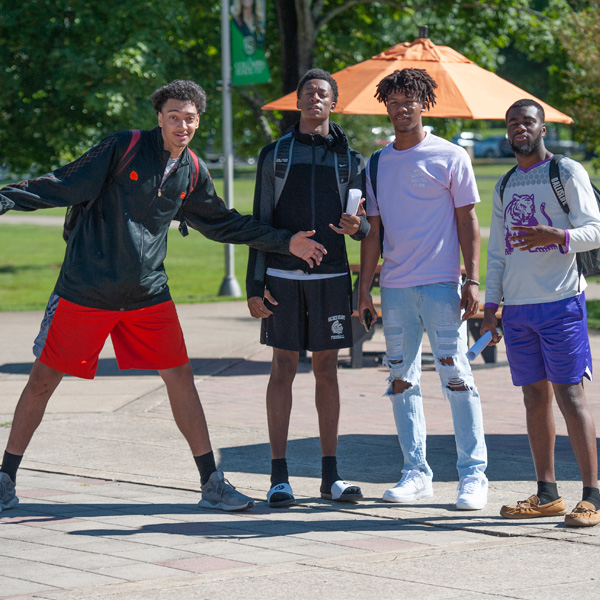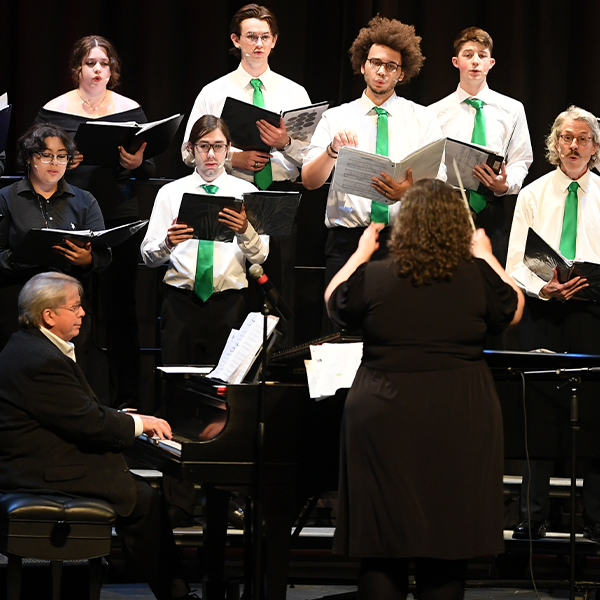
Radiologic Technology Program
Frequently Asked Questions
Q: Is the COVID vaccine required for in-program students?
A: Columbia State does not require the COVID vaccine; however, in-program students must meet clinical partner requirements for clinical access. The number of clinical partners mandating COVID vaccine compliance documentation is rapidly increasing. Exemption request, if available, include requirements for supporting evidence. As student who is ineligible for rotations at one or more facilities may not be able to complete course/program requirements on schedule. Ultimately, course/program completion could be impossible for a student will access to a limited number of clinical sites.
Q: How difficult is it to get into program?
A: The program consistently has more applicants who are eligible each year than can be interviewed or accepted. The Advisory Committee will interview approximately 200% of the number to be accepted. Not all applicants will be interviewed.
Q: How many students are accepted each year?
A: The average class size over the past few years has been 24 students. Exact enrollment is determined based on combined clinical education center capacities.
Q: Is financial aid available?
A: Rad Tech students are eligible for any assistance programs offered to Columbia State students. In addition, several designated scholarships are awarded annually to qualified students in the program.
Q: What about job placement for program graduates?
A: For the five years, 99% of graduates have secured jobs within 6 months of graduation. This includes those graduates who elect to continue their formal education and do not seek full time employment. This also includes those in PRN positions who work in a radiology department on an "as needed" basis.
As faculty members are made aware of employment opportunities, they pass information to graduates but there is no formal placement program.
Q: Are students able to work while enrolled in the program?
A: Many Rad Tech students find it necessary to work while in school. Schedules are set at the beginning of each semester, allowing students to give ample notice of availability to employers. Students will be scheduled for evening clinical a portion of each semester. Accommodating school schedules requires a flexible employer. Students’ schedules will not be altered to meet employment needs. Some affiliate hospitals actually hire students for support positions in their Radiology departments.
Q: Are there part-time or evening options for program completion?
A: At this time, the program is only offered full-time with didactic classes scheduled during the day.
Q: What if I have completed some or all of the general education courses prior to program enrollment?
A: This does not shorten the length of the program but may mean a student is technically a part-time student during the first year of enrollment. Courses are offered only once each year and must be taken in sequence.
Q: Are there courses at Columbia State in any of the advanced imaging areas?
A: Columbia State currently offers a Computed Tomography advanced practice technical certificate for graduates of an accredited Radiologic Technology, Nuclear Medicine, or Radiation Therapy program who are eligible for or certified/registered by the ARRT or NMTCB. The certificate includes 8 SCH of online didactic content and 8 SCH of clinical in preparation for ARRT Computed Tomography examination eligibility. Additional information is available at Computed Tomography . The college does not current offer courses in Ultrasound, Mammography, MR, or Nuclear Medicine.
Q: What do applicants do about Spring registration in November before knowing the results of interviews?
A: Applicants are encouraged to register for any remaining general education courses at the earliest available priority registration. Arrange the schedule not to conflict with RAD courses listed in the course schedule. Some courses fill quickly once registration opens (i.e., Anatomy & Physiology II). Students must take courses during or before the semester outlined in the curriculum. For example, not being able to register for Anatomy & Physiology II during the spring of the first year could prevent a student from beginning the program. There will be sufficient seats in all RADT courses for students offered admission.
Q: What are the interviews like?
A: The program interview is conducted by a group of Advisory Committee Members and Clinical Instructors. The questions asked are similar to an employment interview. Committee members score applicants based on professional appearance, academic potential, experience in the medical field, interpersonal skills, reasoning skills and motivation.
Q: Are applicants required to have experience in the medical field to get in the program?
A: Medical field experience is not a requirement for admission to the program. The interview committee asks about healthcare experience to determine a student’s understanding of the unique aspects of the medical professions. This is a minor component of the interview score. Experience may include volunteer and paid positions.
Q: What is the typical student schedule while enrolled in the program?
A: This depends on each student’s need for general education courses. Prior to program enrollment, students may take any courses in the curriculum that do not have the “RADT” prefix. A student who has some or all of the general education requirements completed prior to program enrollment may have a lighter load. The schedule for RADT courses is NOT flexible. RADT 1100 is offered each fall semester and must be taken prior to admission into RADT core courses as listed in in the program of study. The course may be taken by permit only. The link at the bottom shows what a typical in-program RADT schedule would look like without the general education courses listed. This course may be taken by permit only.
Q: What campuses offer the Rad Tech program?
A: The Columbia Campus is currently the only campus that offers the Rad Tech program. Students are required to travel to Columbia for all RADT courses once admitted to the program.Exceptions to this rule are Practicum courses. Students may be scheduled at any of the 18 clinical facilities located throughout the Middle Tennessee area for practicum courses.
Q: Are any radiography courses offered online?
A limited number professional (RADT) courses are offered using distance education in a “hybrid” model (no more than 50% online.) Individual course descriptions clearly identify delivery methods.
Q: Can a student transfer from another Radiologic Technology program to Columbia State?
A. Transfer credit for RADT coursework is considered on a case-by-case basis. Students requesting transfer must provide evidence of eligibility to continue in or readmit to the prior program.
Q: Is there a minimum ACT score required to be eligible to apply to the Rad Tech program?
A: Students must be considered college-level in order to be eligible to apply to the program. College-level can be achieved several ways:
- ACT score of 19 or higher in Math and English
- Successful completion of learning support requirements
- Successful completion of college-level English and/or Math courses
- Successful internal placement challenge (Accuplacer test)







